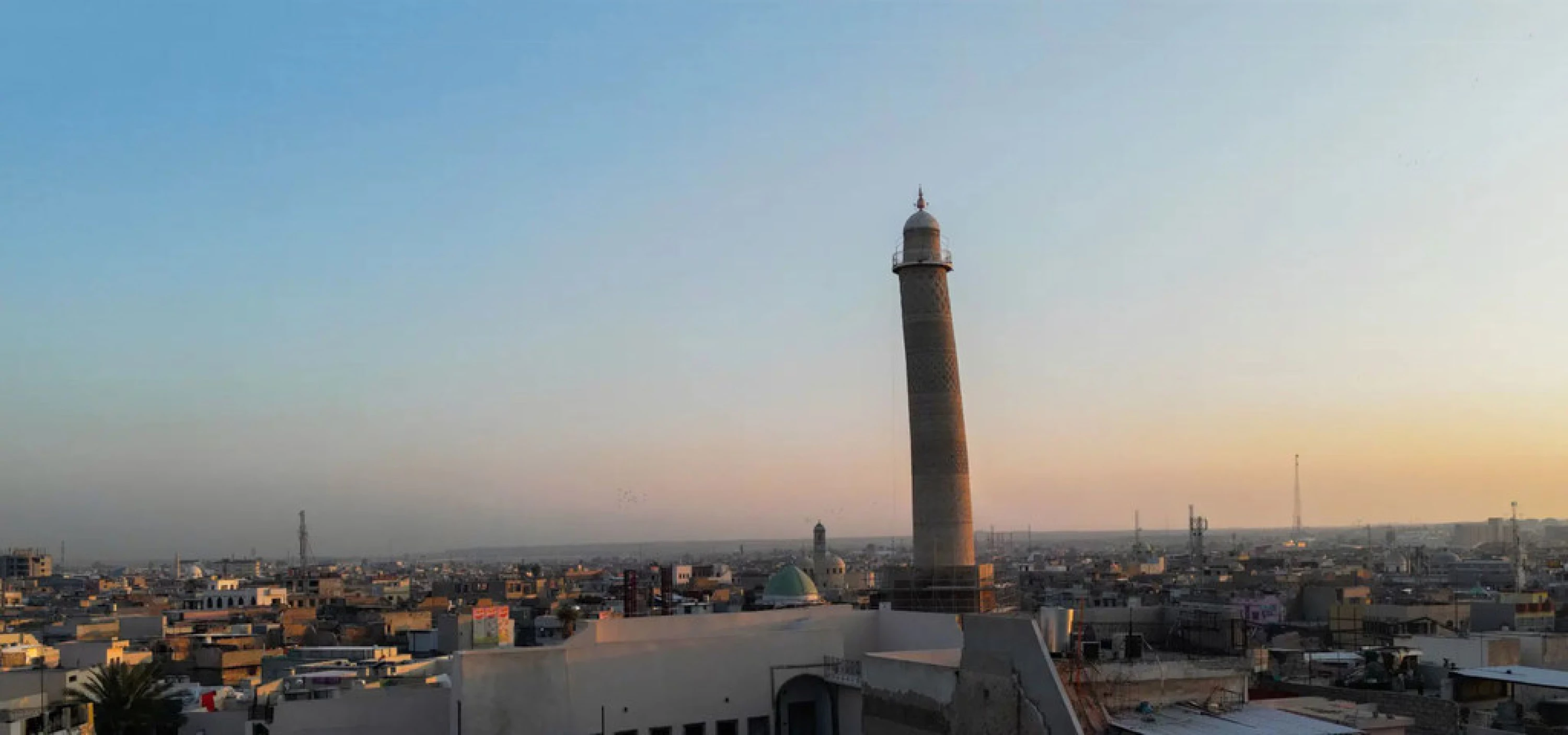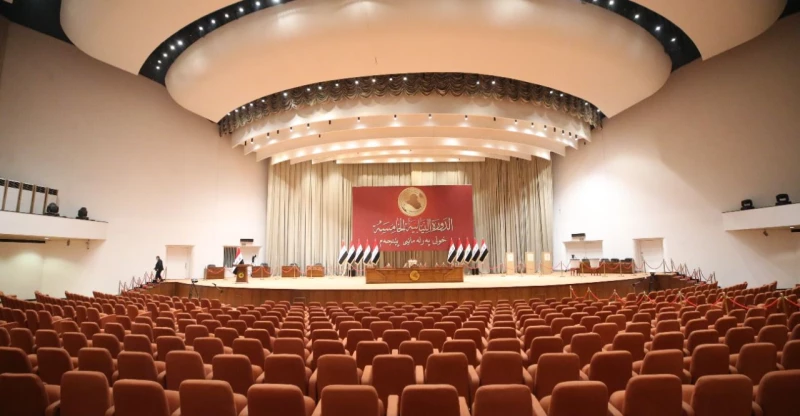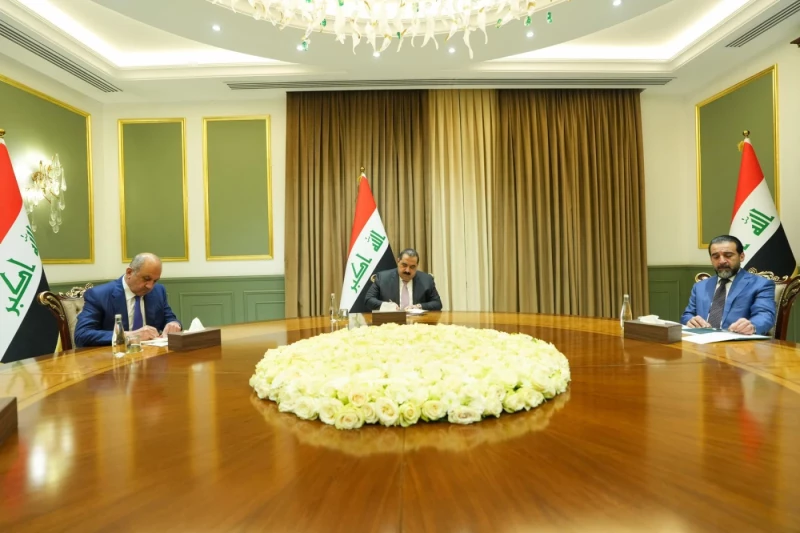ERBIL, Kurdistan Region of Iraq - Results of Iraq's recent parliamentary elections in Nineveh show that Mosul’s city center, which previously represented nearly half of the province’s parliamentary seats, won only one spot in the legislature out of 31 this year.
This outcome did not surprise observers. Instead, it reflected a growing social and political pattern: declining voter turnout inside the city and a sharp rise in participation in villages and rural districts.
Somayya al-Khabouri, a candidate from the Sovereignty Alliance, won the only seat representing Mosul’s city center in the new parliament.
The result highlights a political and social imbalance in Nineveh’s representation.
Nineveh province received 31 seats, in addition to three quota seats for minority groups: Christians, Shabak, and Yazidis.
Lack of political projects and declining interest in elections
Former Nineveh Governor Atheel al-Nujaifi explained the reasons behind the sharp drop in Mosul city center’s representation, despite the city making up more than half of Nineveh’s population.
Nujaifi told The New Region that the absence of real Sunni political parties, meaning genuine political organizations, not just electoral lists, is one of the major reasons city residents have lost interest in elections.
He said political life and the presence of political projects that attract public attention encourage urban voters to participate. In contrast, he added, tribal loyalty and the desire to support one’s clan are enough to mobilize rural communities, regardless of political views.
Nujaifi pointed out that the lack of serious political projects defending Sunni interests in general and the rights of Sunni cities like Mosul causes city residents to avoid elections.
Mosul suffered from a proliferation of extremist groups after the US-led invasion in 2003, most notably the Islamic State (ISIS), which took over the city in 2014 and caused massive destruction during its rule and the military operations to liberate it.
Despite improved security and ongoing reconstruction in Nineveh, residents of Mosul’s center remain hesitant to participate in elections. By contrast, villages and rural areas show strong mobilization and high voter turnout.
A society lacking necessary political awareness
Political researcher Khalid al-Dabouni said this decline is not new but has repeated itself in every parliamentary and local election cycle.
He told The New Region that the previous Nineveh Provincial Council had only one member from Mosul’s city center, while the current council has three members from the city.
“We see the same in parliament, with almost the same proportion,” he said. “So we still lack political representation that matches the population size of the city compared to surrounding areas.”
Dabouni stressed that an 80 percent boycott rate among Mosul’s voters is a major factor, along with tribal and clan influence, which strongly shapes voting behavior in rural areas.
He added that political money, along with the influence of members of armed factions, most of whom are from outside Mosul and pressured to vote for faction-backed candidates, also affects election results.
He emphasized that Mosul’s society still lacks the political awareness needed to secure proper representation in legislative institutions.
Despite the participation of two members of the al-Nujaifi family, Sinan Osama and Abdullah Atheel, on separate electoral lists, both failed to win seats. The result reflects the decline of a family that once received thousands of votes and symbolized Mosul’s political identity.
Impact of the Sainte-Lague electoral method
Former MP Mahasin Hamdoun said the election law and the use of the Sainte-Lague method contributed to the decline in Mosul’s city center representation.
She told The New Region that the multi-district system provides more fairness and ensures representation for all areas within a province. This system was used in 2021, when Mosul’s representation matched its population size.
Hamdoun noted that voter participation in villages and rural areas is always higher than in cities due to tribal ties, daily social contact, and strong mobilization by clans for their candidates. She called for a return to the multi-district system, which she said is fair to all areas and candidates.
Political science professor Mahmoud Ezzo from the University of Mosul said the decline is linked to the current electoral system, where lists win seats first, followed by individual candidates.
He told The New Region that list leaders consistently receive the highest number of votes, supported by alliances between social groups and tribal-style mobilization, especially in the outskirts of the province.
Ezzo added that there are representation imbalances between northern and southern Mosul and between the right and left banks of the city.
He said all of this is a result of the Sainte-Lague method, which treated Nineveh as one single electoral district, leading to unfair distribution of seats and the exclusion of Mosul’s city center from its fair share of representation.



 Facebook
Facebook
 LinkedIn
LinkedIn
 Telegram
Telegram
 X
X


